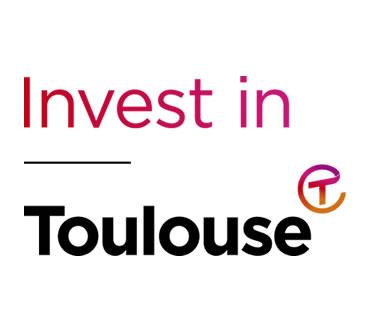Prédicog Early DetectionFor Neurodegenerative Diseases
With populations living longer, how can doctors diagnose cognitive diseases before it’s too late? Such is the question currently being tackled by a team of Toulouse-based researchers.

The Physical Cost of Living Longer
Modern medicine has improved humanity’s life expectancy by leaps and bounds since the 18th century. Take for instance the fact that back then, life expectancy throughout Europe was around 30-40 years old.* By the 20th century life expectancy nearly doubled and in 2020, the French population could expect to live to 79.2 years old for men and 85.3 years old for women**. We can thank technological investments for advancing humanity, but must be aware that this comes with physical price as well. With age comes the need for physical maintenance; as the body grows older, so do its cells and the DNA it carries. With each cellular division, proteins in the DNA become shorter and shorter. When the proteins run out, the cell dies. Living longer means maintaining physical health at the cellular level. Prédicog is analyzing exactly this for brain cell health.
A Project for Key Toulouse Stakeholders in Neurology to Join Forces
Prédicog-a play on the words “predicton” and “cognition”- is a project lead primarily by expert researcher, Ms. Florence Rémy, using new indicators for the detection of neurodegenerative diseases like Alzheimer’s. Based out of Toulouse’s Center for Brain and Cognition Research (CerCo), her team also brings together researchers from Toulouse University Hospital’s Gérontopôle. By joining forces, these entities can combine expertise in order to identify new potential markers for detecting cognitive decline sooner using various innovative tools. Although physicians rely heavily on medical imaging tools like MRIs and PET scans, these methods require important financial investments. In order to cut down costs, healthcare professionals have realized they must consider alternative methods for not only detecting anomalies accurately, but also efficiently. One such alternative may very well be eye-tracking analysis, as has been observed by the Prédicog team.
The Eyes: a Window to Diagnoses?
Among the various medical techniques used by practitioners in the field that appear to have promising results, tracking ocular movement and reactivity to detect cognitive decline is gaining momentum. It is becoming apparent that eye movement analytics could be a critical factor for such diagnoses. In fact, research has shown that the part of the brain stem impacted first by neurodegenerative disorders is the same part of the brain that controls pupil reactivity. This key point will be the baseline on which Prédicog will establish its research.
Qualified Clinical Trials
In order to carry out research, the Toulouse University Hospital will provide access to a pool of healthy, aging patients on whom Prédicog can run brain health exams over the course of several years. The Occitanie Region has also show its support in the form of a 250,000€ grant. Additionally, the project will be accompanied by two companies with the know-how in the medical device industry; Toulouse-based, COVIRTUA Healthcare, and Paris-based, SURICOG. Both companies will collaborate on the project by providing monitoring conducive to cognitive decline and eye-tracking devices respectively. Such provisions will ensure that quality analyses are carried out by the Prédicog researchers.
Want to Know More?
Invest in Toulouse is the economic development agency working to create business opportunities between local key stakeholders and innovative companies; confidentially and free of charge. It is our role to ensure that you’re introduced to the relevant contacts to guarantee optimal collaborations. Do you have a technology that could be complimentary to Prédicog’s research? Please contact Jennifer Lartigue.

* https://ourworldindata.org/life-expectancy
** https://www.ined.fr/en/everything_about_population/graphs-maps/interpreted-graphs/life-expectancy-france/
For further information, you may consult the following article.
